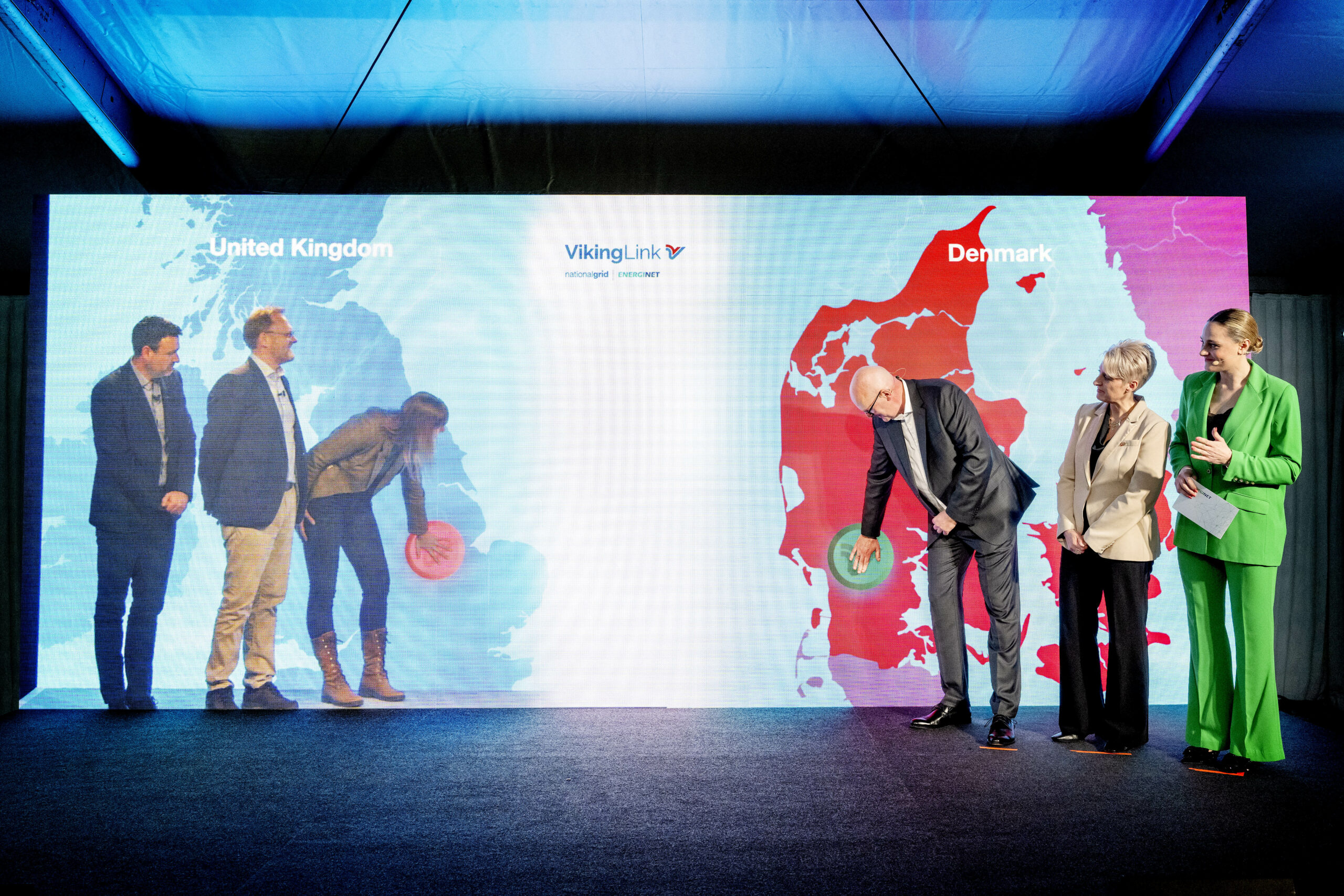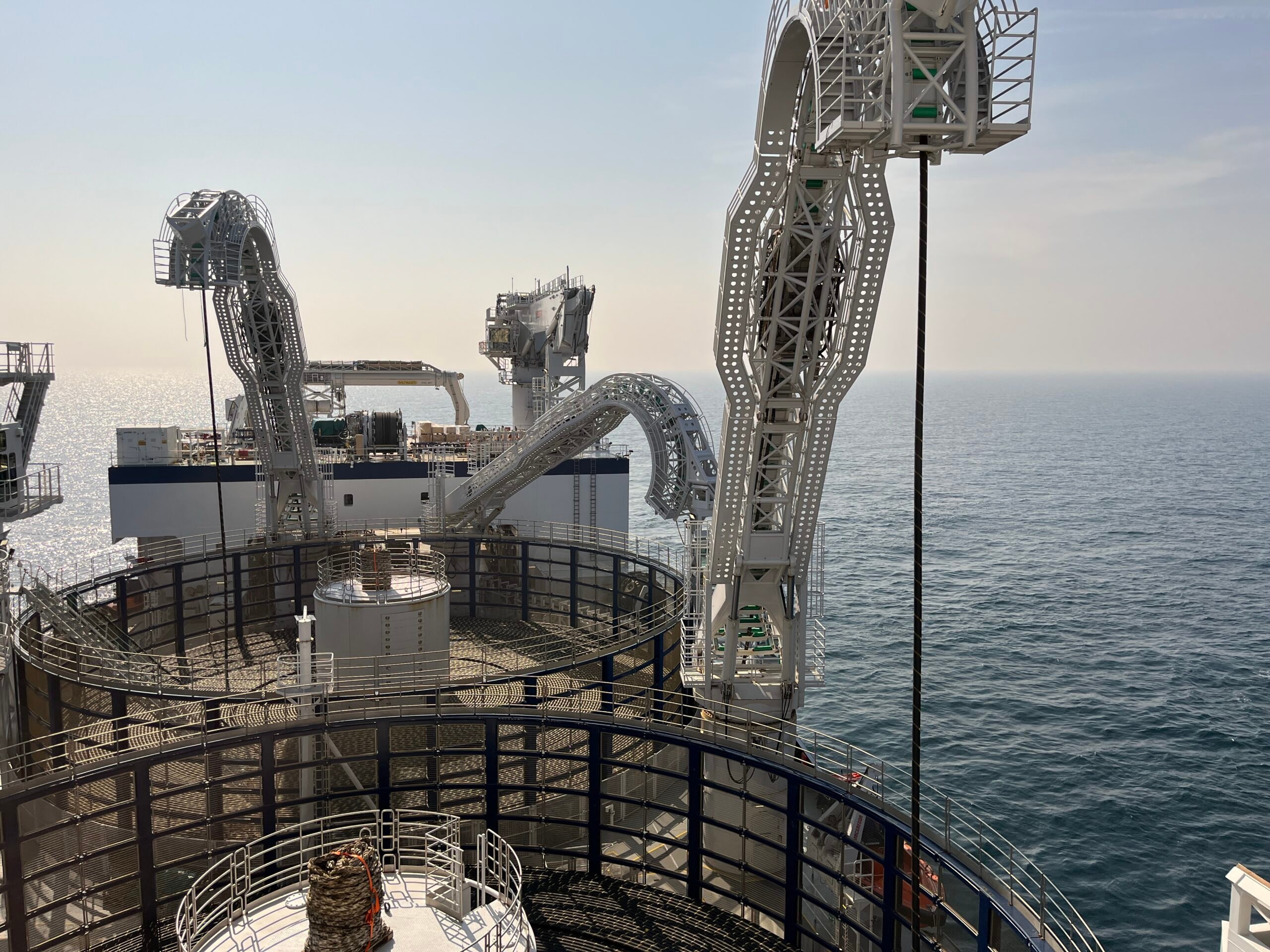News
Danish Power Systems sets new record with degradation rate in fuel cells


"We are very proud and delighted these days", says managing director of Danish Power Systems Hans Aage Hjuler. The company, one of the world’s leading producers of fuel cells, has in collaboration with the department of Energy Conversion and Storage at the Technical University of Denmark (DTU) and the University of Chemistry and Technology in Prague, Czech Republic achieved the best results in the world so far regarding the degradation rate of high temperature polymer fuel cells (HTPEM).
In a 9,000-hour long test, PhD-student from DTU Tonny Søndergaard measured a degradation rate of only half a microvolt per hour. This is equivalent to a degradation of 0.00008 % per hour!
"We have never heard or read about degradation rates this low so this is simply a world record", says Hans Aage Hjuler. The results from DTU is now published as a scientific publication in the Journal of Power Sources.
The same type of fuel cell from Danish Power Systems has been tested in the Czech Republic at an even higher level of electrical current than tested at DTU. The cell was operating for 15,000 hours with a degradation rate of only 4 microvolts per hour, which is equivalent to 0.0007 % per hour. The test in the Czech Republic was a part of the successful European Union project “CISTEM” that was coordinated by the German research institution Next Energy (now part of DLR) located in Oldenburg near Bremen.
Danish Power Systems’ very low degradation rates are extremely important for the commercial fuel cell energy system. These systems are powered by Danish Power Systems’ cells that with other components are assembled in a system called stacks.
The systems use methanol as fuel. Methanol is cheap to produce and it is easy to extract methanol from biological resources. To assemble full fuel cell stacks, Danish Power Systems have collaborated with the company SerEnergy, based in Aalborg, Denmark – financially supported by the Danish Ministry of Energy’s EUDP-program. Additionally, SerEnergy’s operating stability results on cell-stacks, fabricated of Danish Power Systems’ cells, have also shown very low degradation rates.
In recent years, Danish Power Systems has focused intensively on increasing exports of fuel cell products where they are successful in manufacturing the special high-temperature plastic contained in the cells. Only a few companies in the world can master the manufacture of this specific polymer. The technology is so mature now that an actual commercialization is in the near future.
"This world record is a milestone in our work towards a commercialization. The advantage of using both hydrogen and methanol is that the systems can generate electricity with almost no pollution and on fuels made from biological ‘green’ materials. Fuel cells can be used in electric vehicles without a hydrogen infrastructure. With a durability this low we are rapidly approaching a breakthrough for large-scale production", Hans Aage Hjuler says.















